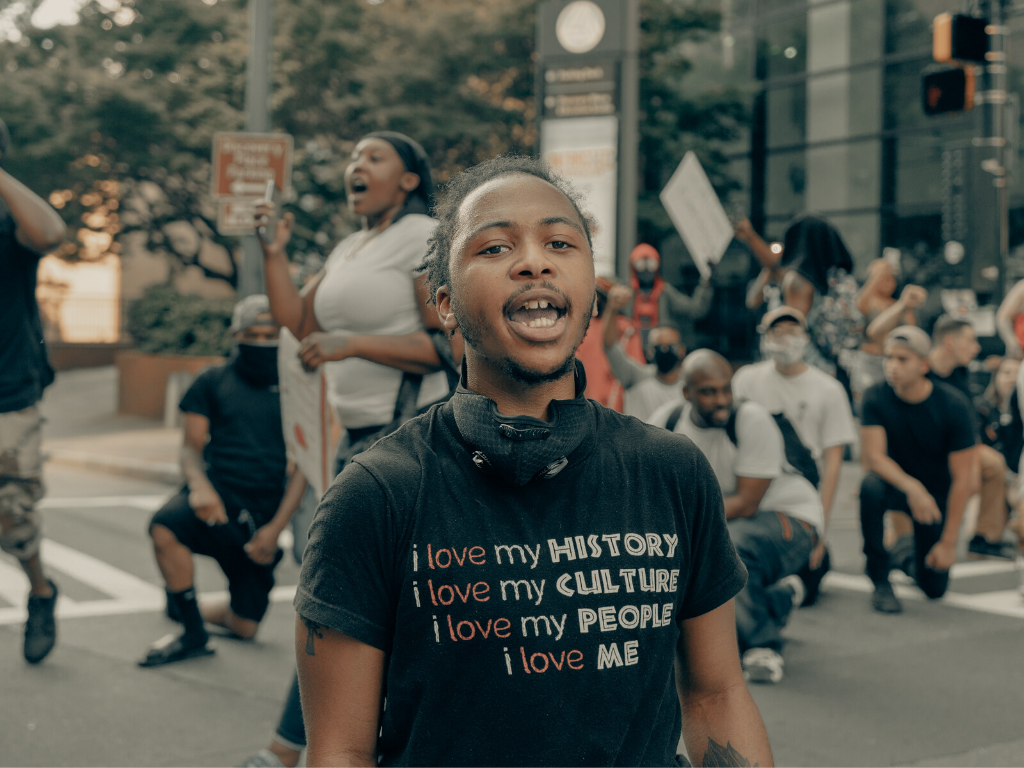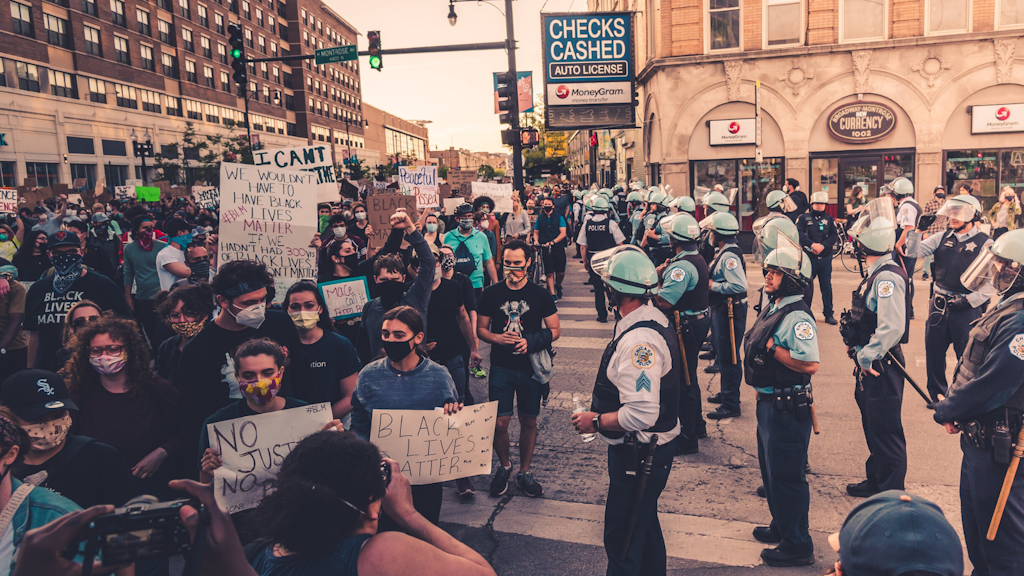Over the past few weeks, we have witnessed massive demonstrations in the US calling for social justice and the end of racism. If you want to join the protests but are not a US Citizen, bear in mind the following recommendations.
The first thing you need to know is that the US Constitution protects your right to demonstrate peacefully against racism or any other cause, regardless of your country of birth, citizenship, or migratory status.
Unlike other countries, where the law bans foreigners from demonstrating and even expressing political views, any person in the US has the right to air their opinions without fear of retribution or censorship.
Still, things could get out of hand, and you could be arrested. Unfortunately, this may affect your migration status and could be used against you if you are getting a visa or a Green Card.
Even if you are not officially charged, or your case ends in no conviction, if your name, fingerprints, and pictures are taken by the police, they will be filed in a national database. Federal agencies should inform about it when asked by the immigration authorities.

Exercising your rights
You might be a Green Card holder applying for citizenship, a DACA beneficiary, or be in the US on a non-immigrant visa. An arrest could affect any changes you would like to make in the future regarding your migration status.
If you have been arrested but fail to inform about it during your visa renewal or change of status process, it could result in your case being dismissed. You could even be charged with fraud to obtain a migration benefit.
An arrest could also lead to your deportation, and even a ban from re-entering the US for several years, especially if you are undocumented. This applies even if the penalty is only a fine and no jail time was ordered.
Even if you are arrested in a demonstration or under any other circumstances, you have the same rights as any US Citizen–starting with being informed about it by the officer (“you have the right to remain silent, contact an attorney,”...etc.).
Do not share any information with the police officers regarding your place of birth, current nationality, migration status, or the time you have been in the country. You have the right to remain silent until you have a lawyer.
Contact your immigration lawyer as soon as possible. Depending on the seriousness of the circumstances, you might also need a criminal attorney. Make sure they have all the information you can provide to manage your case effectively.
Still, the recommendation stands: if you are not a US Citizen, do not protest violently, respect the curfew time, and don’t confront anti-rioting police. In sum, avoid engaging in any conduct that could lead to your arrest.

Other ways to support
Besides being on the streets chanting and making your voice heard, there many other things you can do to help the advancement of your cause:
- Donate: Social movements require funding. You can contribute with money, but also food, and even time. Contact your local organizations and ask them about the best ways to do fundraising on their behalf.
- Social media: Fight fake news, hate speech, and misrepresentation. Find well-documented sources that support your case and share them on your networks. Make videos, memes, and posts. You can talk to the whole world from your smartphone.
- Make signs: A well-crafted message could make a huge impact. It could become viral on social networks and even attract attention from the mainstream media.
- Help with logistics: Demonstrators on the streets need water, food, and, in some cases, first aid. In large crowds or in extreme temperatures, dehydration might be an issue. Make sure everybody stays hydrated. In these pandemic times, you could also help by providing face masks to other demonstrators.
Above all, stay safe while exercising your right to protest. After all, the ultimate goal is to witness your struggle bearing fruit and to enjoy the materialization of the fairer world you are fighting for.

